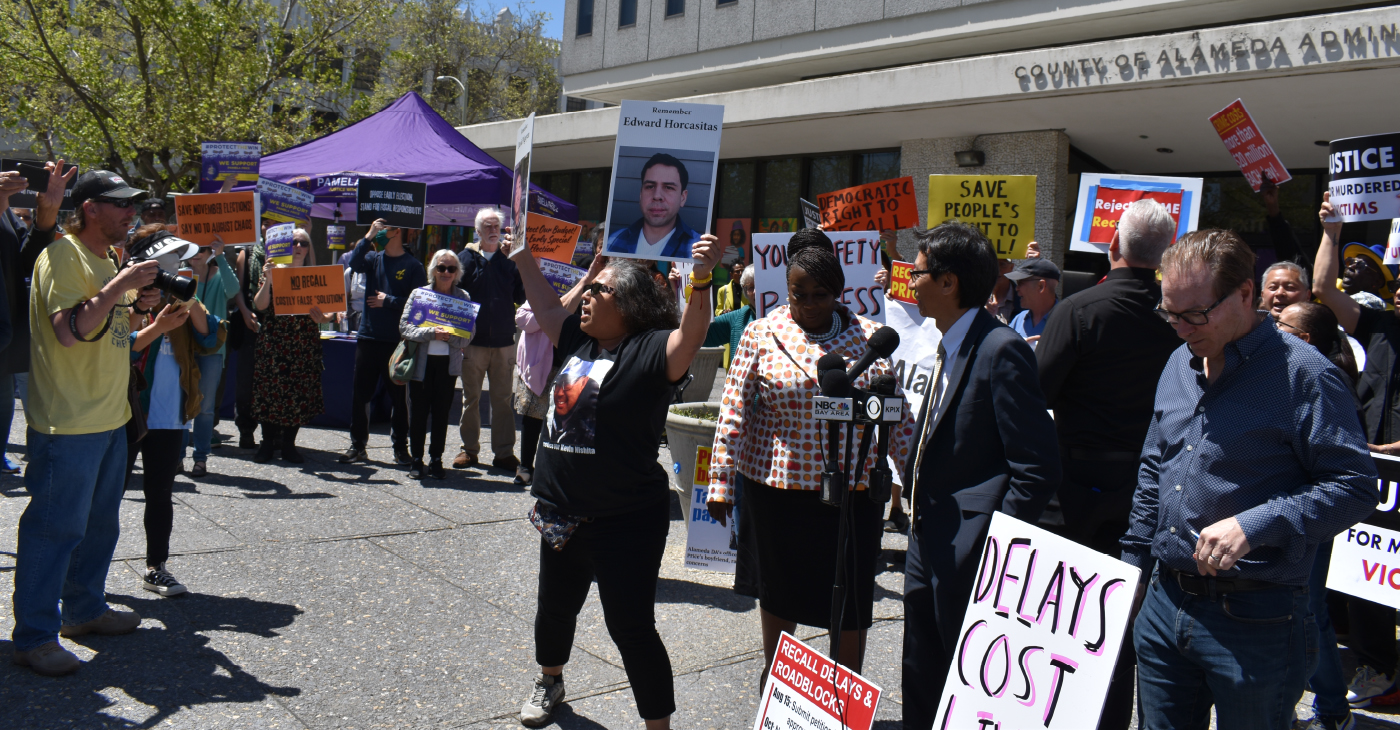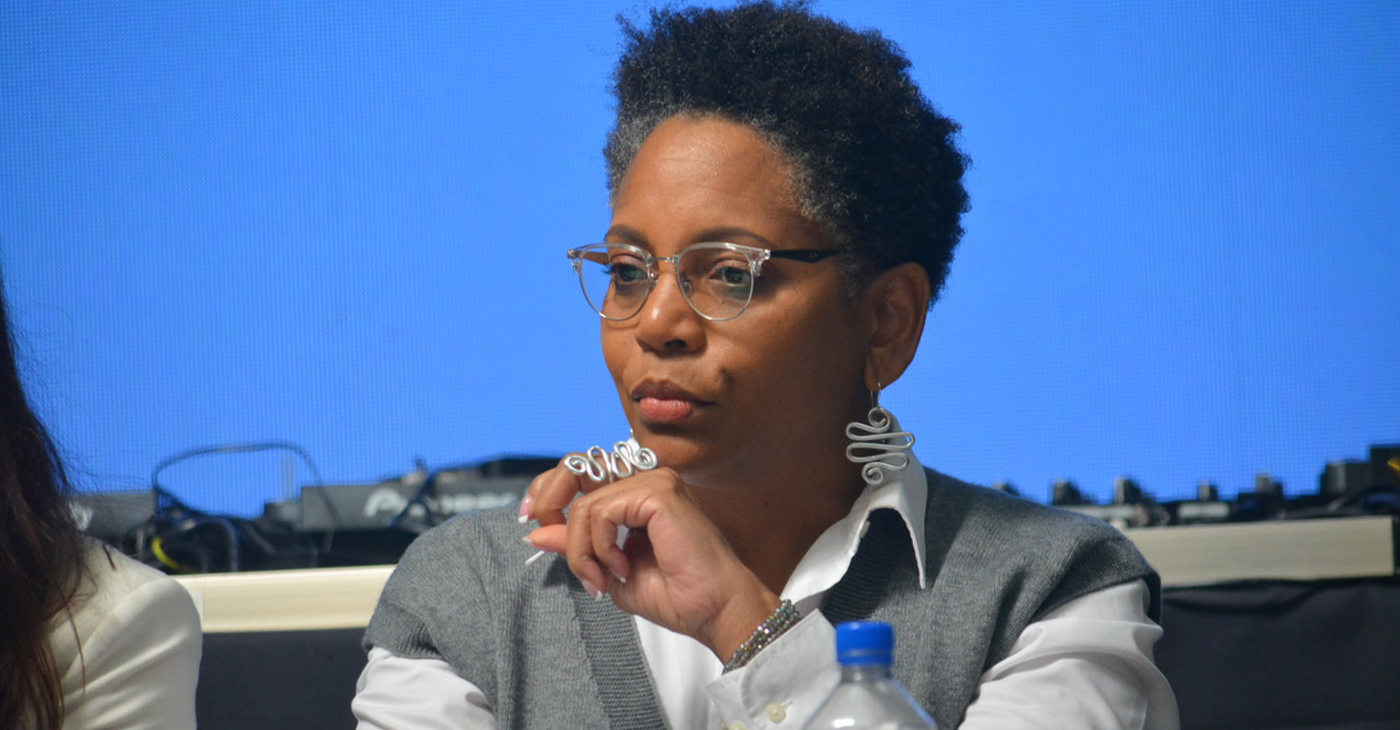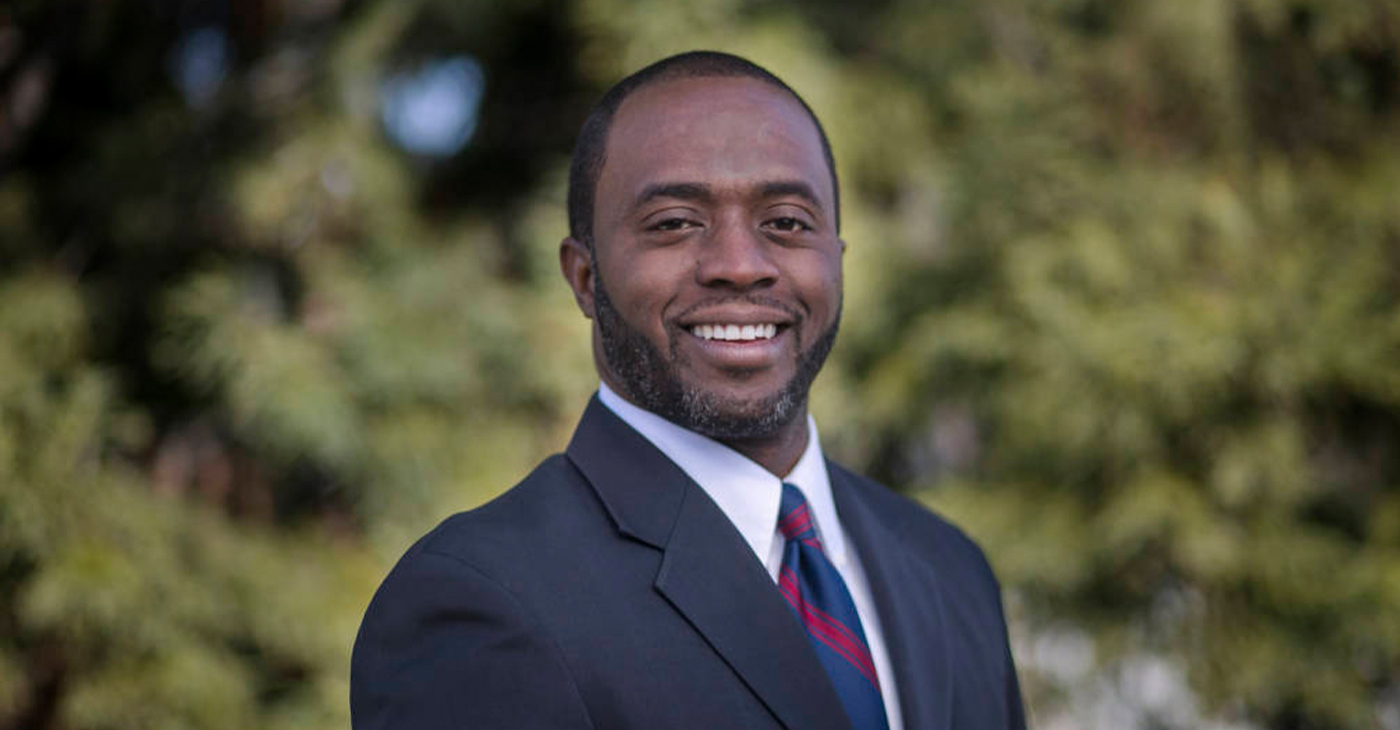Community
While Sheltering in Place (A Guide and Workbook) During the Time of Dread, the Corona Virus Global Pandemic
This workbook is designed as a hands-on interactive tool to help us create ways and activities that intentionally guide our focus on being well. It is formatted as multiple strategies (five Star Zola up on Enhancing our Family; eight point Resurrecting our Community; ten Principles of Personhood Right Conduct; two Fundamental Rules of Culture; and Living the Virtuous Life). Try to complete some of the suggested activities in each cluster.

#ZolaUpOnUs
User Guidelines
This workbook is designed as a hands-on interactive tool to help us create ways and activities that intentionally guide our focus on being well. It is formatted as multiple strategies (five Star Zola up on Enhancing our Family; eight point Resurrecting our Community; ten Principles of Personhood Right Conduct; two Fundamental Rules of Culture; and Living the Virtuous Life). Try to complete some of the suggested activities in each cluster.
The first and main strategy is the “Zola up on Us Five Star Family Enhancement Plan.” The esteemed, Nganga, Kimbwandende Kia Bunseki Fu-Kiau, taught us the BâNtu-Kôngo term Zola that means “love.” Our African ancestors knew and understood that Zola (“love”) is an energy/power that can and does “activate” our self-healing power (potential) which is called “Ngolo.”
We pray that you will first review the entire workbook and then select one of the clustered strategies to work through with your family. Be creative. Be fearless and unapologetic and unashamed in your Zola “uppin” on Us. What do any of the strategies look like through your family’s and your eyes? How do you do Zola as a dance, spoken word, game or other performance? Then as follow up and follow through, share what you have created with the rest of our family on our hash tag, #ZolaUpOnUs and send your special creativity to our restoring wellness archive to lawfordg@gmail.com
Remember only we can save ourselves. We must heal we and not just me.
Enjoy this workbook and value the time in creating ways to not only survive the Corona Virus Global Pandemic but to thrive in the post COVID-19 Pandemic and beyond.
#ZolaUpOnUs
The Corona Virus Global Pandemic
Some negative impacts of COV-19 Pandemic are listed below. Pay attention to what you are feeling and experiencing. Behaviors to attend to are:
- Impatience
2. Anger
- Fear
4. Agitation
- Dis-belief
6. Confusion
- Unforgiving
This is a time when we must control the above seven, especially “Impatience,” “anger,” and “fear” by honoring and encouraging our ability to be well and to see our personal needs as the mirror of the needs of our family and community.
Contending with the Moment
Myers L. (2020) “Culturally-Grounded Conceptualizing and Contending with COVID19”, ABPSi, Culturally-Grounding and Supporting Our Communities During COVID-19 Worldwide Pandemic DC
- Use the time to learn more about ourselves, one another, building trust and
- Establishing and strengthening our relationship to the Divine within
- Learning to love our true Divine selves by showing ourselves the same forgiveness, mercy and grace we would want extended to us and which we would extend to
- Increase authentic, non- judgmental communication with ourselves and
- increase courage and commitment to stand up for what is right, what is just, and what fulfills the role we have played historically as the moral and spiritual leaders of our time.
- Create and do rituals that demonstrate respect for all life flowing with music and
- Do not to speak that which we do not wish to create. Food is medicine. Sleep and exercise are essential. Seek fellowship with those that uplift you, and stand for
Enhancing Family During and After this Time of Dread
Nobles, W. (2020) ““Zola Up on Us” Five Star Family Enhancement Plan” ABPSi, Culturally-Grounding and Supporting Our Communities During COVID-19 Worldwide Pandemic
In our African traditional beliefs, “love” (KiKongo) is called “Zola” and “Zola” activates our “self- healing capacity.” We should “Zola Up On” our families, each other and everyone we cherish. Consider each of the five stars as a “living star.” As we engage in the five-star plan, we engage in activities that activate our life capacity to heal and be well. For each star, be creative and try to make up different things, dances, drama (play), word puzzles, proverbs, etc., that represents and brings to life the particular star.
“Zola Up on Us:” Five Star Family Enhancement Plan
(Remember, Remind, Reframe, Revitalize and Reward)
- Remember: Remember who we are and whose we are. We should remember that we are a magnificent people birthed from the womb of Mother Africa. We are African people living in the diaspora (USA). From Kemet (Egypt) to Kansas City, from Sudan to Suriname, from Ouagadugou to West Oakland, from South Africa to South Carolina, from St. Croix to St. Louis, from Mali to Mississippi, from Brixton to Brooklyn, we have been visionaries and have borne visionaries and the valiant, peacemakers, powerbrokers, scholars and seers scientists, business magnates, and healers. We are awesome beyond measure and as ancient as the origins of humanity itself. We belong to a people deeply rooted in spirit that is expressed in our bodies, traditions of family-hood and kinship.
Zola (Love) has healing power. Think about and discuss the many forms of Zola (love) expressed in our daily lives and strengthen and inspires us
- Remind: Sometimes thinking about the terror our people have endured angers us and we don’t want to talk about it. Even though many of us wish it were not so, White supremacy/racism is still the underbelly of Western society; and, when it comes to Black people (Diasporan and Continental), regardless of socio-economic status, we live in a toxic and hostile environment. We should remind ourselves that during the Ebola virus outbreak, the underbelly of white supremacy in this country facilitated the ease of outdooring more racial assaults, profiling and anti-Black sentiments based on skin color. Syphilis testing was done on our ancestors and Black women suffered the forced sterilization. We are experiencing massive government sanctioned police killings of our youths. Being suspicious about what is really going on is good to do. Just don’t be unduly alarmed, fearful, and immobilized in your
Think about and discuss ways to “Zola Up On” each other as a reminder of who we are and whose we are. Focus on the love.
- Reframe: In response to the various orders to shelter-in-place, selected areas being quarantine, etc., re-caste these directives according to our way. Shelter-in- place should not be a call for us to create and defend “family (man) caves” that are created for only the few to survive. Don’t slip and slide into individualism, selfishness and fear. Our way honors the collective, the elevation, and enhancement of us
Think about and discuss ways to Zola Up On” each other as ways to redefine the various survival strategies to bring safety and protection to us all. How can we use this time, as an “incubation period,” to create new ways of being family and community.
- Revitalize: What is “vital” (absolutely necessary for life)? It is very very important that we take this time to hold up in high regard and deep respect the idea of family and communiy. We have an opportunity to examine our life and living as family centered and community located. We can use this time to recall and/or recreate the ways we enjoy and learn from being together. This can be a time to restructure our living space so that we have areas for honoring our ancestors, being quiet, having a family repository of memorabilia, building a library of the twenty books Black children should read and the twenty books every Black parent should read. With the renovation of the living space, this would be a good time to also engage in family revitalizing activities. We could read to our children and have them read to us. We can co-create family games that inspire and elevate through imagination. We could co-author a family victorious play with everyone playing a role. Use this time to co-create that most delicious and nutritious meal using immune strengthening and antiviral ingredients such as cayenne, garlic, oregano, passionflower, turmeric, honey, Echinacea, chamomile, fruits and green vegetables. This could be a perfect time to interview and record the life stories of the oldest members of the family. We could have our children call (FaceTime) absent members and simply say, “I love you”
Think about and discuss ways to Zola Up On” each other that inspires us to be even better at living and doing what we
- Reward: Giving thanks for doing good is key to enhancing the fabric of family. We should do good because it is good to do good. Rewarding our goodness in words, songs and deeds is a best practice that acknowledges our worth and value. Little girls dancing with their fathers or little boys dancing with their mothers is rewarding and restorative. Seeing our parents dancing and laughing together is healing. Saying I am better because of you or that my life goes better with you is
Collectively think about and discuss ways in which we can acknowledge and reward the good that is a “Zola Up On” our families, each other and everyone we cherish.
Neighborhood (Resurrecting) Community
Karenga, M (2020) “Black People Rising and Reaffirming: Resurrection, Repair, Renewal and Remaking Ourselves and the World.” KIPAS NEWS & NOTES, LA
The central teachings of our traditional spiritual, psychological and social systems for living (renewal and resurrection) was to:
- Seek and speak truth of ourselves and the world;
- Do and demand justice in our relationships, society and the world;
- Remember and revere our elders and ancestors;
- Cherish and challenge our children to have and demonstrate ethical and expansive conceptions of themselves;
- Care for and struggle with the vulnerable in their efforts to raise and liberate themselves;
- Have a rightful relationship with the environment;
- Love each other, AND respect each other
- Constantly struggle to bring, increase and sustain good in the
Do this and do it righteously and together as Black men and women, then we can “stand up in the social coffins” constructed for us, as survivors of our intended burial, and as builders of a new world where life and love and the happiness they bring are cherished in an honored, deeply devoted and daily practice.
How can you and your family practice each one of these? Collectively create specific activities that inspires us to be even better at living and doing what we do.
1.
2.
3.
4.
5.
6.
7.
8.
Personhood (Revitalizing) Conduct
The Ten Principles of Initiatory Mastery
- Mastery of one’s thoughts
- Mastery of one’s behavior/actions
- Devotion to a higher purpose
- Faith in the ability of the teacher to teach the truth
- Faith that one can know/recognize the truth
- Faith that one can use the truth
- Freedom from resentment when punished
- Freedom from resentment when wronged
- Ability to tell right from wrong
- Ability to tell the difference between the real and the unreal
Think about and discuss ways to do and show mastery of each so as to be and do that which is life affirming.
1.
2.
3.
4.
5.
6.
7.
8.
9.
10.
Two Rules of Culture
- Sense of Appropriateness: The rule of culture wherein behavior is governed by its purpose and directed by notions of formality, deference and
- Sense of Excellence: The rule of culture wherein behavior is governed by the synthesis between personal style and character and the desire for perfection, affirmation and ascension
Think about and discuss ways that you or how you can teach your children to conduct themselves in appropriate ways that demonstrated your (their) best
2..
Living the Virtuous (Society) Life
Goddard, L and Patricia Nunley, “Corona Pandemic: Suggestions for Maintaining Health and Wellness” (Submitted to Oakland Post Newspaper Group (2020) Oak, Ca.
Our Ancestors in ancient Kemet, believed that the cardinal virtues of Ma’at were designed to achieve human perfectibility and to keep order, maintain respect, and bring oneness with the Creator. Ma’at represents the ethical and moral principle that everyone was expected to follow throughout their daily lives. The virtues are interdependent and inseparable.
During and after this time of dread, we should think about and discuss ways to practice living the “virtuous life“ wherein we act with honor and truth in matters that involve family, the community, the world, the environment, and the Divine.
Truth – This is the perfect environment for rumors to spread like wildfire.
Be especially mindful of this reality and diligently seek to ascertain the truth to avoid allowing reckless panic to drive your decisions.
How can you and your family speak and do truth? Create specific activities that inspire us practice truth telling, especially to power.
1.
2.
3.
Justice – The reality is during times like this, we as a people, will collectively be negatively impacted. Do not fall prey to participating in or encouraging behaviors that are unfair or unjust. Even if you have the power and authority. Do not be a bully. Share your power; allow others to practice having a “voice”.
How can you and your family create specific activities that allow you to practice being just and fair?
1.
2.
3.
Prepared (V.5.2020) by 13
Baba Dr. Wade W. Nobles
Ifágbemì Sàngódáre, Nana Kwaku Berko I, Bejana, Onebunne
Righteousness – Engage in behaviors that demonstrate acts of kindness and consideration. Do unto others as you would like them to do to you. Heaping loving kindness on others keeps you in a positive state.
Think about and discuss ways you and your family can practice behaviors that demonstrate acts of kindness, even when it is not desired or warranted
.
1.
2.
3.
Reciprocity – Make sure everyone has a role in helping the family during this time. Engage in activities that are mutually beneficial to everyone. Do not blast music that only you like; do not hog shared spaces or items, etc.
Think about and discuss ways you and your family can model volunteering to do things for each other and the whole family.
1.
2.
3.
Balance – This principle relates directly to the strategies noted below in Harmony. Balance being in your “own space” with being “together in the space.” Balance also is important as it relates to EVERYTHING the family consumes during this time.
Think about and discuss ways you and your family can find the right mix in everything you do (work, play, sleep time awake time, reading, watching TV, etc.)
1.
2.
3.
Harmony – As time passes getting along with each other can become more challenging. Schedule intentional breaks from each other. Call it meditation time, reading time, or journaling time.
Think about and discuss ways you and your family can find harmony in doing what you do beyond trying to balance “my time/space” and “our time/space.”
1.
2.
3.
Order – Predictably the current chaos that some are experiencing can be worse. Remember to stay in control of the things that you can control.
Think about and discuss ways you and your family can intentionally establish and maintain order, include eating, sleeping, and playing.
1.
2.
3.
Each virtue, as interdependent and inseparable concepts, should also be used personally and collectively to address the emotional effects of this worldwide pandemic about the way we be we in the world.
Prepared (V.5.2020) by 16
Baba Dr. Wade W. Nobles
Ifágbemì Sàngódáre, Nana Kwaku Berko I, Bejana, Onebunne
Follow Up and Follow Through #ZolaUpOnUs
Which “activity” did you choose to try?
What did you and your family do? be specific, describe what you did or are doing?
How did the activity show Zola (love)
How did it make you and/or members of your family feel?
Prepared (V.5.2020) by 17
Baba Dr. Wade W. Nobles
Ifágbemì Sàngódáre, Nana Kwaku Berko I, Bejana, Onebunne
Tell us about yourself
Age Group
Child/youth (0-15) youth (16-25)
Adult (26-59) Older Adult (60+)
Unknown
Gender
Male Female Prefer not to say Other
Please indicate where you live.
Town
Country
Send these pages to
Dr. Lawford Goddard at lawfordg@gmail.com
Thank you for your responses
Prepared (V.5.2020) by 18
Baba Dr. Wade W. Nobles
Ifágbemì Sàngódáre, Nana Kwaku Berko I, Bejana, Onebunne
Alameda County
Board of Supervisors Accepts Certification of Signatures, Will Schedule Recall Election May 14
The Alameda Board of Supervisors unanimously accepted the certification of the results of the valid signatures submitted for the recall of District Attorney Pamela Price on Tuesday evening. The Board will set the election date at a special meeting on May 14. Before the meeting, recall proponents and opponents held separate press conferences to plead their cases to the Board and residents of Alameda County.

By Magaly Muñoz
The Alameda Board of Supervisors unanimously accepted the certification of the results of the valid signatures submitted for the recall of District Attorney Pamela Price on Tuesday evening. The Board will set the election date at a special meeting on May 14.
Before the meeting, recall proponents and opponents held separate press conferences to plead their cases to the Board and residents of Alameda County.
Price, who up until this point has made little public comment about the recall, held her press conference in Jack London to announce that the California Fair Political Practices Commission has opened an investigation into the finances of the Save Alameda For Everyone (SAFE) recall campaign.
The political action committee (PAC), Reviving the Bay Area, has been the largest contributor to the SAFE organization and has allegedly donated over half a million dollars to the recall efforts.
“Between September 2023 and November 2023, [Revive the Bay Area] donated approximately $578,000 to SAFE without complying with the laws that govern all political committees in California,” Price said.
Price accused the recall campaigns of using irregular signature-gathering processes, such as paying gatherers per signature, and using misleading information to get people to sign their petitions.
SAFE held their own press conference outside of the Alameda County Administration Building at 1221 Oak St. in Oakland, once again calling for the Board to certify their signatures and set a date for the recall election.
Their press conference turned contentious quickly as Price’s “Protect the Win” supporters attempted to yell over the SAFE staff and volunteers. “Stop scapegoating Price” and “Recall Price” chants went on for several moments at a time during this event.
Families of victims urged the Board to think of their loved ones whose lives are worth much more than the millions of dollars that many opponents of the recall say is too much to spend on a special election.
The Registrar of Voters (ROV) estimates the special election could cost anywhere from $15 to $20 million, an amount that is not in their budget.
The Board was presented with several options on when and how to conduct the recall election. They have to set a date no less than 88 days or more than 125 days after May 14, meaning the date could fall anywhere from late July to September.
But the County charter also states that if a general election takes place within 180 days of their scheduling deadline, the Board could choose to use the November ballot as a way to consolidate the two events.
In the event that Price is recalled, the Supervisors would appoint someone to fill the vacancy, though neither the County nor the California charter specifies how long they would have to pick a replacement.
The appointee would serve as district attorney spot until the next election in 2026. Afterwards, either they, if they run and win, or a newly elected candidate would serve the rest of Price’s six-year term until 2029. Price is unique as the only district attorney wo serves a term of six years.
The Board acknowledged that they knew last fall that this recall would come with its own set of complications when Measure B, which changed the local recall charter to match California’s, was first brought to their consideration.
Supervisors Nate Miley and David Haubert opposed discussing the measure, stating that the public would think that the Board was attempting to influence the recall campaign that had already taken off months prior.
“I think ultimately this feels like it’s going to end up in court, one way or the other, depending on who files what,” Haubert said.
Price’s legal team told the Post that the district attorney intended to consider all legal options should the recall election take place.
Miley stated that while he was in support of the amendment to the charter, he did not think it was right to schedule it for the March ballot as it would ultimately cause confusion for everyone involved.
“It has produced some legal entanglements that I think, potentially, could’ve been avoided,” Miley said.
Antonio Ray Harvey
Working Group: More Entry-Level Homes Could Help Solve Housing Crisis
The Community Housing Working Group hosted a briefing on April 23 at Cafeteria 15L in Sacramento. Discussions focused on how the housing crisis in California affects Black and Brown communities and explored ways to provide low-income families and individuals with affordable housing.

By Antonio Ray Harvey, California Black Media
The Community Housing Working Group hosted a briefing on April 23 at Cafeteria 15L in Sacramento. Discussions focused on how the housing crisis in California affects Black and Brown communities and explored ways to provide low-income families and individuals with affordable housing.
Tia Boatman Patterson, CEO and President of the California Communities Reinvestment Corporation, said “entry-level housing” is not available as it was in the past, adding that affordable units were a major point of entry into homeownership for many families in the Black community.
“My mother bought her first house when I was in junior high. It was an 850-square foot, two-bedroom and one-bathroom house in 1978. That house cost $30,000,” Boatman-Patterson said.
“A woman working part-time at JCPenney was able to afford that house. We don’t build these types of housing now. We do not build entry-level homeownership,” she added.
The Community Housing Working Group is a collection of diverse community organizations from across California working together to address housing challenges in their communities. The organization believes that solving the affordable housing crisis will require creating enough smaller, lower-cost, multi-family homes located near jobs, transit, and good schools.
The briefing included a panel discussion titled, “Exclusionary Zoning: A Look Back and a Path Forward.” Boatman-Patterson participated in that session along with Henry “Hank” Levy, Treasurer-Tax Collector for Alameda County, and Noerena Limón, consultant, Unidos U.S., and Board Member of California Housing Finance Agency.
Boatman-Patterson, a former Associate Director for Housing, Treasury and Commerce in the Office of Management and Budget for the Biden Administration, started her presentation by highlighting how exclusionary single-family zoning is contributing to continued segregation of California communities.
She said that single-family zoning originated in the Bay Area city of Berkeley in 1916.
“By creating single-family zoning and having fenced-off communities, you were able to exclude the ‘others,’” Boatman-Patterson said. “It really was a method to exclude — what they called ‘economic segregation’ — but that was a guise for racial segregation. Single-family zoning, along with redlining, became a systemic approach to exclude based on affordability.”
Title VIII of the federal Civil Rights Act of 1968 — commonly known as the Fair Housing Act of 1968 – is the U.S. federal legislation that protects individuals and families from discrimination in the sale, rental, and financing of housing. It was passed to open the doors to affordable housing.
In 1968, 65.9% of White families were homeowners, a rate that was 25% higher than the 41.1% of Black families that owned their homes, according to National Low-Income Housing Coalition. Today, those figures have hardly changed in the Black community, although White homeownership has increased five percentage points to 71.1%.
Boatman Patterson said the rate has not changed in Black and Brown communities because financing for affordable entry-level homes is almost nonexistent. The homeownership disparities contribute to the disturbing racial wealth gap in the nation, according to the National Low-Income Housing Coalition’s October 2018 report.
“We really must align the financing with the actual building of units, which we haven’t necessarily done. Because of this misalignment, I think we continue to see problems,” Boatman-Patterson said.
California Black Media
State Ed Chief Tony Thurmond Pushes Bill to Train Educators
State Superintendent of Public Instruction (SSPI) Tony Thurmond is advocating for comprehensive training for teachers in reading and math, emphasizing the urgent need to improve student academic outcomes across California. On April 24, during testimony in the Senate Education Committee, Thurmond backed Senate Bill (SB)1115, which aims to provide evidence-backed educator training. The committee passed the bill with a 7-0 vote.

By California Black Media
State Superintendent of Public Instruction (SSPI) Tony Thurmond is advocating for comprehensive training for teachers in reading and math, emphasizing the urgent need to improve student academic outcomes across California.
On April 24, during testimony in the Senate Education Committee, Thurmond backed Senate Bill (SB)1115, which aims to provide evidence-backed educator training. The committee passed the bill with a 7-0 vote.
Thurmond pointed out to the committee that existing funding for educator training in literacy and math only covers about one-third of California’s educator workforce. SB 1115, Thurmond said, would fund the remaining two-thirds.
“This is an issue of moral clarity,” according to Thurmond. “In the fifth-largest economy in the world, and in an age when we have access to substantial brain science about how students learn, it should be unacceptable to train only some educators in the best strategies to teach essential skills.”
SB 1115 incorporates multiple research-backed methods, including phonics, and it aligns with the California ELA/ELD Framework, which encourages biliteracy and multilingualism.
Thurmond emphasized the moral imperative behind the push for enhanced training by noting that 70% of incarcerated adults struggle with reading or are illiterate.
“Every child should feel supported as they learn to read and every teacher should feel confident in their ability to support students’ foundational literacy,” Thurmond said. “SB 1115 is about ensuring that all children have the opportunity to read by third grade, and that all children have a shot at the life-changing outcomes that come from early literacy.”
The next step for SB 1115 is a hearing in the Senate Appropriations Committee on May 6.
-

 Community2 weeks ago
Community2 weeks agoFinancial Assistance Bill for Descendants of Enslaved Persons to Help Them Purchase, Own, or Maintain a Home
-

 Activism4 weeks ago
Activism4 weeks agoOakland Post: Week of April 3 – 6, 2024
-

 Business3 weeks ago
Business3 weeks agoV.P. Kamala Harris: Americans With Criminal Records Will Soon Be Eligible for SBA Loans
-

 Activism3 weeks ago
Activism3 weeks agoOakland Post: Week of April 10 – 16, 2024
-

 Community3 weeks ago
Community3 weeks agoAG Bonta Says Oakland School Leaders Should Comply with State Laws to Avoid ‘Disparate Harm’ When Closing or Merging Schools
-

 Community2 weeks ago
Community2 weeks agoOakland WNBA Player to be Inducted Into Hall of Fame
-

 Community2 weeks ago
Community2 weeks agoRichmond Nonprofit Helps Ex-Felons Get Back on Their Feet
-

 Community2 weeks ago
Community2 weeks agoRPAL to Rename Technology Center for Retired Police Captain Arthur Lee Johnson























































